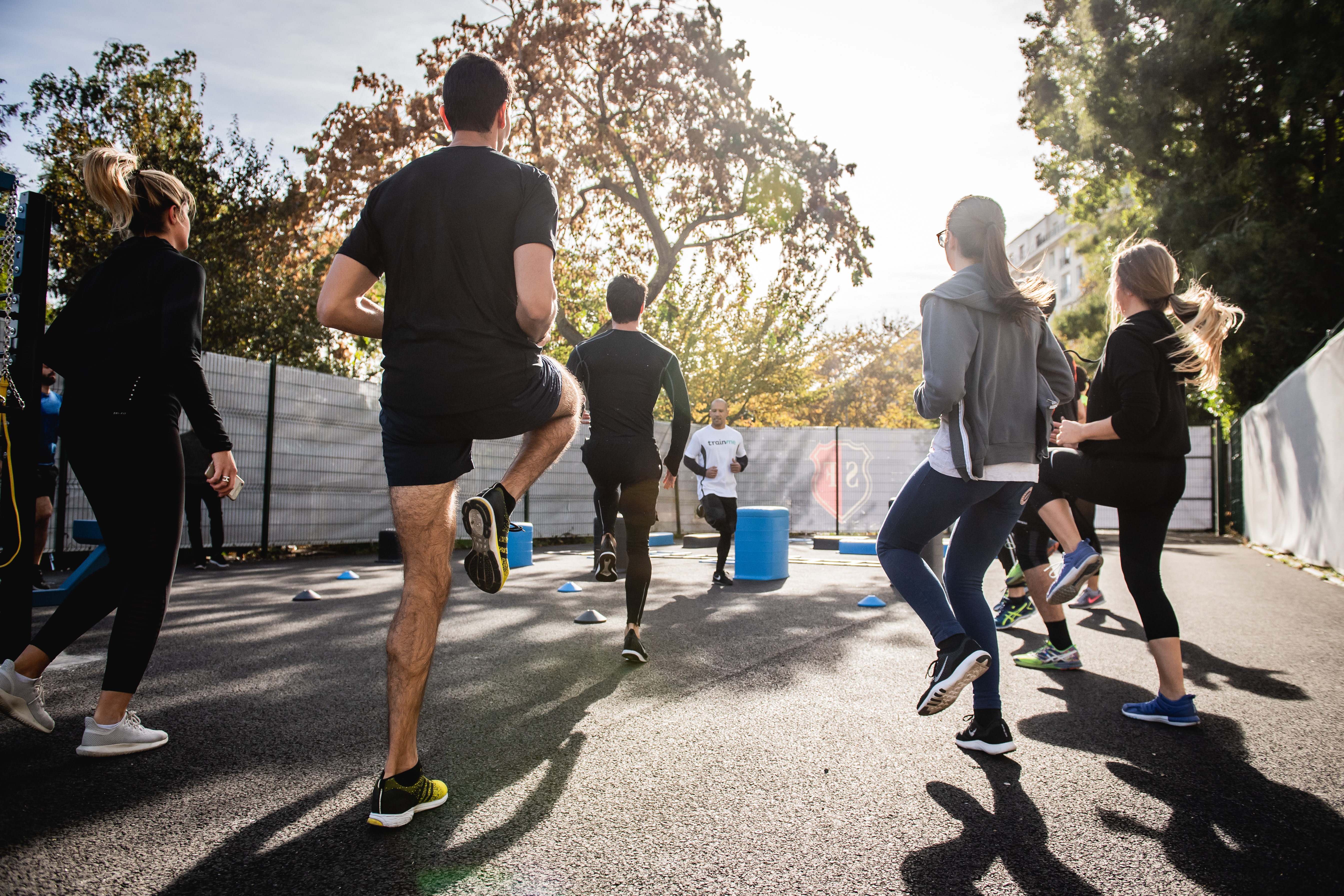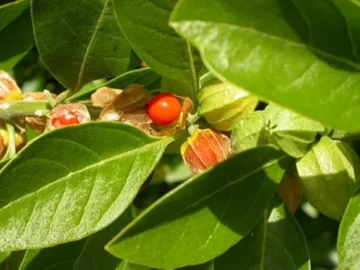6 Benefits of Astaxanthin Supplements
You may have come across Astaxanthin supplements (AS-TA-ZAN-THIN) online or at a nearby pharmacy. With the abundance of products available to us and constant advertisements bombarding us, it’s difficult to discern what we’re truly consuming and how it affects our bodies. We’re here to break down for you where astaxanthin comes from, the benefits of Astaxanthin and safe doses. Whether you are trying to improve your sperm quality, enhance your exercise performance or just be the healthiest version of yourself, you are in the right place.
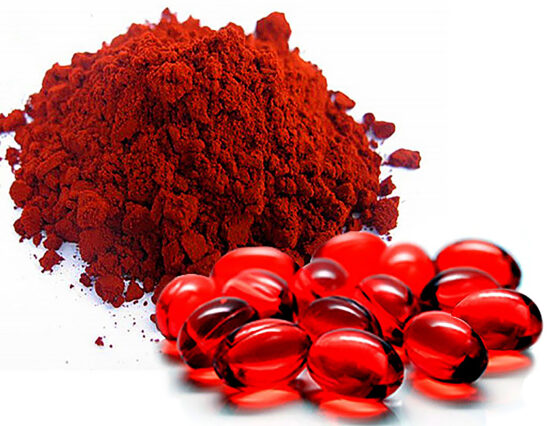
Where does Astaxanthin supplements come from?
Astaxanthin is a red pigment that belongs to the carotenoid family. It is found in seafood such as shrimp, crabs and fish such as salmon and sea bream. Its two significant sources are salmon (dietary) and the microalgae haematococcus pluvialis (supplemental). Astaxanthin is well known for its numerous health benefits.
Benefits of Astaxanthin Supplements
(1) A Powerful Antioxidant
Astaxanthin is a highly potent antioxidant, significantly more powerful than other carotenoids like beta-carotene or vitamin E. It helps protect cells from oxidative stress caused by free radicals, which can lead to cellular damage and contribute to various diseases.
Much like vitamin E, Astaxanthin can reduce both systolic and diastolic blood pressure, as seen in rat models give 2.25-2.75mg/k astaxanthin).
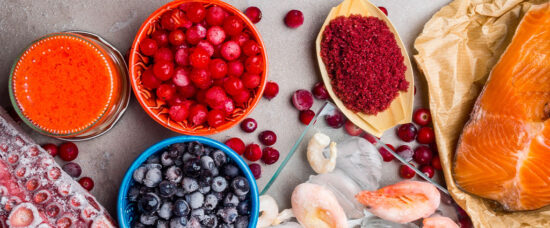
(2) Effect on Fertility
Around 40% of infertile men have high levels of free radicals in their semen. Sperm also produces high quantities of free radicals as they await an egg. Astaxanthin’s strong antioxidant properties may benefit male fertility by reducing oxidative stress in the reproductive system. By neutralizing free radicals, astaxanthin helps protect sperm cells and reproductive organs from damage, ultimately supporting healthy sperm production and function.
In one double-blind randomized controlled trial to evaluate astaxanthin’s use in protecting sperm function and male fertility, thirty men from infertile couples (where the female partner had no fertility issues) received either astaxanthin (16 mg/day) or a placebo for three months. The men provided semen for IUI during the three months and the occurrence of pregnancy was recorded. By the end of three months, sperm motility was significantly increased and semen-free radical production was decreased in the astaxanthin group versus the placebo group. Most noted in this study was the pregnancy rate, which was 54.5 percent for the astaxanthin group compared to 10.5 percent for the placebo group.
Another study that investigated whether astaxanthin could alleviate damage of follicles caused by BPA exposure and improve oocyte health showed that supplementation does improve the development of follicles by increasing the antioxidant level of follicles and immature eggs.
(3) Enhances Exercise Performance & Recovery
Astaxanthin has been reported to enhance exercise performance and reduce muscle damage and inflammation. It may improve endurance, reduce muscle fatigue, and enhance recovery after strenuous physical activity.
A study of mice treated with astaxanthin for 4 weeks saw an increase in fat utilization during exercise compared with mice on a normal diet. They also found that astaxanthin treatment accelerated body fat loss with exercise training. The results suggested that astaxanthin promoted lipid metabolism rather than glucose utilization during exercise which led to improvement of endurance and efficient reduction of adipose tissue while training.
Another study conducted on healthy elite soccer players who were supplementing with astaxanthin (4mg/day) for 90 days saw that astaxanthin may prevent exercise-induced stress and depletion.

(4) Benefits for Heart Health
In studies involving animal models, astaxanthin shows benefits in protecting against cardiovascular damage. Many of these studies tested dosages ranging from 25-200mg/kg body weight
Astaxanthin exhibits several cardiovascular benefits. It helps reduce oxidative stress, lowers blood pressure, improves blood lipid profiles by increasing good cholesterol (HDL) and decreasing bad cholesterol (LDL), and decreases markers of inflammation, thus promoting heart health.
Results from a randomized, double-blind study in overweight and obese adults in Korea presented that the individuals who were administered astaxanthin or for 12 weeks saw significantly lower LDL cholesterol and ApoB compared with the start of administration, whereas none of the lipid profiles was changed in the placebo group.
Although confirmed safe in animal models, it is not known whether such a high dose is safe for human consumption
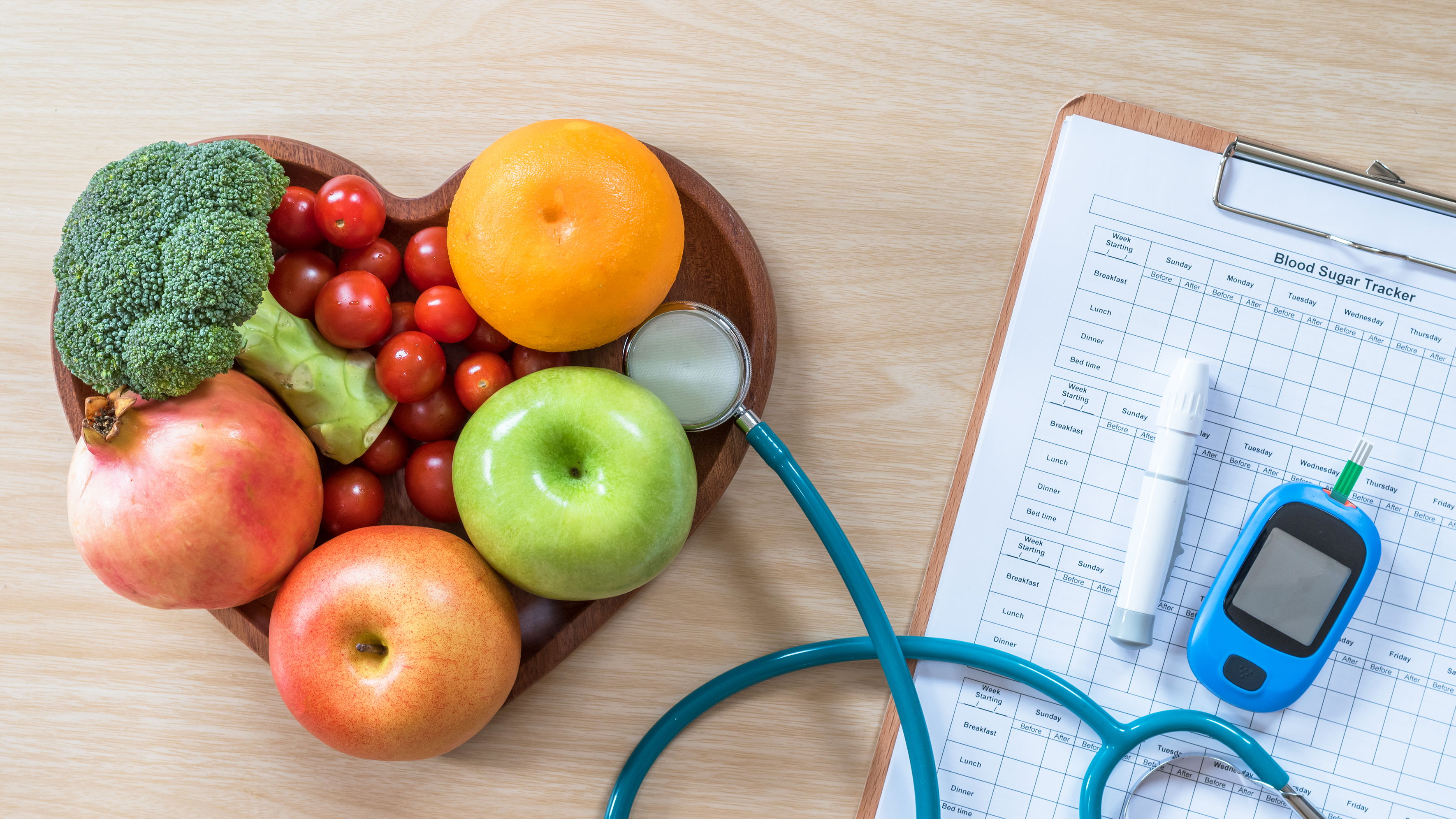
(5) Eye Protection
Astaxanthin offers unique protection for the eye and is associated with promoting eye health. It can help protect the eyes from oxidative damage caused by exposure to UV radiation and improve symptoms of eye fatigue and strain. It may also reduce the risk of age-related macular degeneration (AMD) and cataracts.
In fact, a number of studies support astaxanthin’s ability to protect the retinas from light-induced damage and suggest a carotenoid complex that includes astaxanthin could protect the eyes from damage across the spectrum.
(6) Skin Health & Ant-Aging
Astaxanthin has been shown to improve skin health by reducing the signs of aging following oral intake. It helps to neutralize free radicals that contribute to wrinkles, fine lines, and other visible signs of aging. Additionally, astaxanthin has a protective effect against UV-induced skin damage.
Topical application of astaxanthin appears to improve elasticity and symptoms of skin aging, and there may be a moisturizing effect only present in those with dry skin
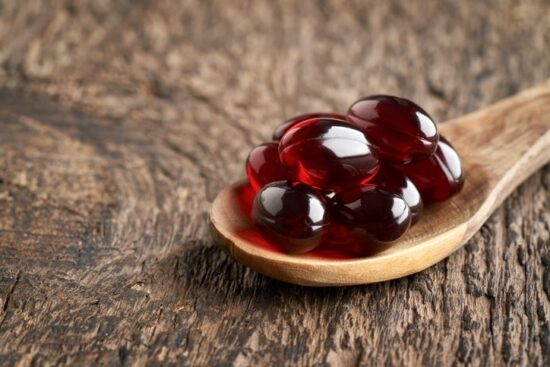
Safety:
Studies have shown supplementation of astaxanthin to be incredibly safe, with no significant side effects—although, like other carotenoids, it has the potential to affect the color of the skin if taken at high doses for prolonged periods.
Consumption of 6mg daily of Astaxanthin for a prolonged period does not seem to adversely affect humans. Interventions of >6mg have yet to be conducted for a prolonged period of time.
One human study noted no side effects with 21.6mg daily for two weeks or 20mg for 12 weeks.
A single dose of 48mg is well tolerated (except for the red coloration of the feces).
Dosage and administration:
At this point, you may be wondering: “How much astaxanthin should I take?”
If you’re looking to get astaxanthin from whole food sources, you should try incorporating a few servings of astaxanthin-rich foods into your diet per week. These foods are especially beneficial because most provide an array of important nutrients in addition to astaxanthin, such as vitamins, minerals and omega-3 fatty acids.
When it comes to the supplement form, astaxanthin is a fat-soluble carotenoid, which means that absorption and retention of the supplement are much higher if taken immediately after meals rather than away from food.
Recommended dose: 6-8 mg daily. Doses of up to 20-50mg have been tolerated but toxicity and upper limit is not known.
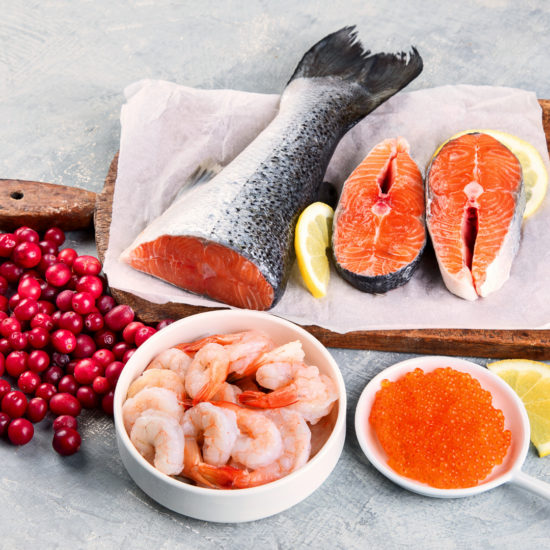
Food Sources:
To maximize the absorption and the benefits of astaxanthin, it’s best to get your dose through Whole Foods.
A few of the best sources of astaxanthin include:
- Wild-caught sockeye salmon
- Krill
- Algae
- Red trout
- Lobster
- Crab
- Shrimp
- Crawfish
- Salmon roe
- Red seabream
If you are concerned about your diet and how it can affect your pregnancy, book a consultation with one of our expert-certified dietitians & nutritionists for individualized nutrition & supplementation advice

